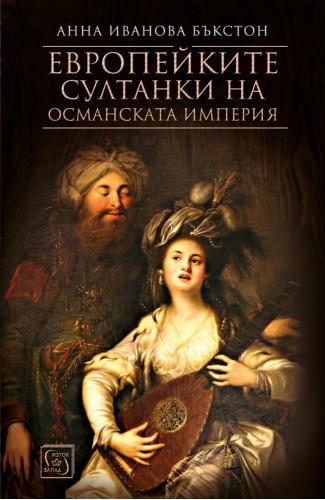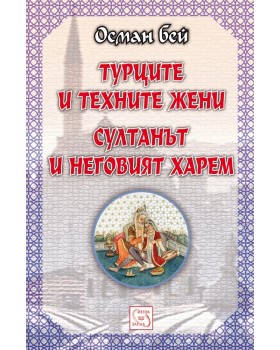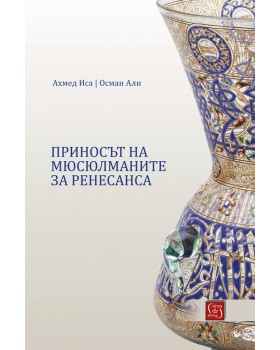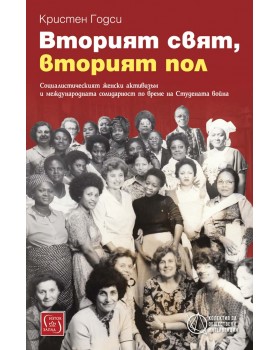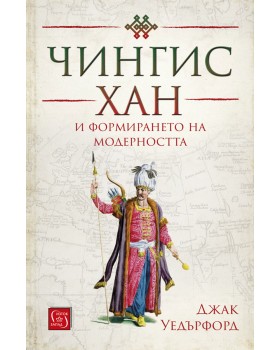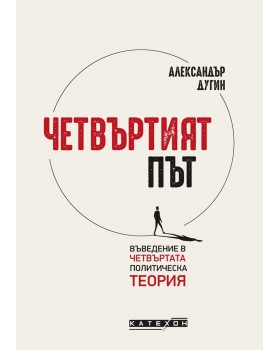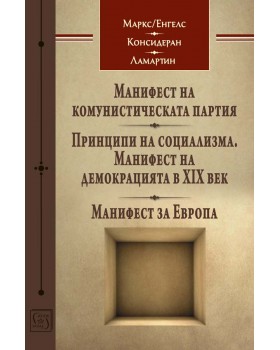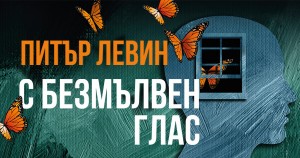The European Sultanas of the Ottoman Empire
-

- Author: Anna Ivanova Buxton
- Year: 27-08-2018
- Availability: Out Of Stock
- Product Code: 2180-01
- SKU: 06.0060
- ISBN: 978-619-01-0293-9
- Read an excerpt:
 |
Delivery To BOX NOW machine - 1,66 € / 3,24 BGN At an office of Econt - 2,05 € / 4,00 BGN At personal address of Econt - 3,07 € / 6,00 BGN |
 |
Order by phone Call us at 0888 465 635 to order by phone |
This is an enlarged and revised second edition of the book. It is NOT a novel, but a documentary history. For over seven centuries painters and writers have been fascinated by the non-Christian otherness of the Ottoman Empire and in particular its most notorious institution, the harem. In her carefully researched book, Anna Buxton cuts through the stereotypes and reveals how in an Empire, easily characterized as patriarchal, former Christian women came to exert significant power in day to day government. At the beginning of the Ottoman Empire, the Sultans sought dynastic marriages with princesses from older neighboring royal families in order to enhance their status. These marriages would presage conquest. And when there were no more kingdoms to conquer, procreation was achieved through slaves. This enriched the sultanate gene pool. The Sultanas, whose stories are told in this book, include several Italians, two Bulgarians, two Ukrainians, several French, two Serbians and some Georgians and Byzantine/Greeks. Rising through the ranks of concubines, under constant threats of strangulation and poisoning to themselves and their children, these women came to dictate foreign and domestic policy from behind the throne of their often inadequate consorts and sons. They used networks of agents, including carefully managed Vizier sons-in-law, Jewish money lenders and powerful Eunuchs. Fascinating examples of other contacts include Dona Grazia Mendez Nasi, the head of the Jewish Mendez Bank – the first woman to want to create a Jewish state on the former Jewish lands; her nephew Joseph de Nasi – a banker, a merchant as well as a playboy and spy-master; and Catherine de Medici, who corresponded with several Sultanas. Emissaries of “the Virgin Queen” Elizabeth I came to understand the importance of the harem in gaining significant trading rights. King Charles XII of Sweden, as a guest of the Ottoman Empire for a number of years, was also reliant on links to the harem. And throughout, the Sultanas rightly hold centre stage, tightrope walkers over a snake pit.
About the Author

Anna Ivanova Buxton
Related Products
Recently Viewed
Tags: Behind the Scenes, Researches, Historical Figures, History of the Islamic World, Modern History
| Specification | |
| Year | 27-08-2018 |
| Pages | 320 |
| Size | 140/215 мм |
| Weight | 0.45 kg |
| Cover Type | Paperback |
| Genre | Behind the Scenes, Researches, Historical Figures, History of the Islamic World, Modern History |

